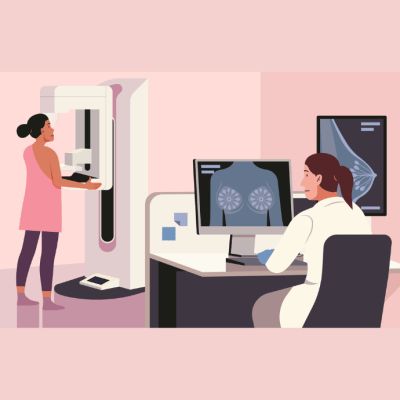A new case study describes how a medical and biomedical research library of Ghent University Hospital adjusted its practices to the COVID‐19 ‘new normal’, aiming for a shift to the virtual environment.
You might also like:Conducting Research in the COVID-19 Era
With the onset of the COVID-19 pandemic and the introduction of restrictive measures such as lockdowns, many facilities, including libraries working in health sciences, had to adapt their services to the new reality. Pauwels et al. (2020) describe the experience of the Knowledge Centre for Health Ghent in Belgium, which is both a faculty library for medicine, health sciences and pharmaceutical sciences and a hospital library, switching to remote services.
Necessary Adjustments
Despite the substantial amounts of pandemic-related information made available my publishers and health care organisations, professionals were overloaded with it and struggled to stay properly informed. The Knowledge Centre addressed this problem with the curation of various sources of information, such as point‐of‐care clinical summaries, journal articles, e‐books, e‐learning programmes, etc. This information hub was made available in two languages, English and Dutch, and promoted among the hospital staff.
The most in-demand COVID-19 related topics included identifying and testing suspected infection cases; use of personal protective equipment; infection control and prevention in nursing homes and hospitals, and so on. After analysing these queries, search strategies were drafted and the most relevant records were selected and shared with the hospital team as links to datasets on the Knowledge Centre website.
In line with the general guidelines on containing the spread of COVID-19, students and researchers’ visits to the Knowledge Centre were prohibited. The Centre’s activities in the field of educational support, such as information literacy courses, had to be moved online. The curriculum was also adjusted to minimise physical presence at the hospital campus, with the ultimate goal being the shift to an entirely online programme. The Knowledge Centre actively participated in this transformation sharing its expertise in information management and research data management.
Among the Knowledge Centre’s lines of work is providing support in areas such as searching, processing, analysing and communicating research, as well as research data management. With the pandemic-caused restrictions, the Centre’s portfolio had to be reoriented towards people working outside of the organisation. The working process was organised as brief 1.5-hour interactive demo sessions with a group of up to ten researchers using Microsoft Teams. Notably, the chat feature proved to be inefficient during these real-time sessions, and interaction was encouraged simply by asking questions during the session. On the other hand, the availability of visual contact (use of a web camera) contributed substantially to the interaction during sessions.
Since the pandemic prevented researchers from data collection, many found opportunities to focus on their publication goals. Thus, requests for support by the Knowledge Centre increased dramatically. The Centre also assisted those who wished to engage with the Continuing Medical Education Programme.
Challenges for Different Groups
Besides the obvious ‘physical’ challenges caused by necessary social distancing and hygiene measures, the Knowledge Centre also needed to update the training process for the acquisition of information literacy skills, which entails not only instruction but also practice. In this context, organising remote exercise is challenging, and for non-compulsory sessions the participation rate may decrease due to inadequate availability of ICT materials or optimal learning environment for the students.
In the learning process, longer pre-recorded sessions should be avoided, the authors note. At the same time, real-time sessions require more teaching staff to manage the process (e.g. following up on chats and assisting with technical issues). An optimal format may be brief (5-10 minutes) pre‐recorded knowledge clips or instructional videos, which require fewer staff. These should also provide other interactive opportunities (e.g. an exercise, a vote, a Q&A session) to enhance participants’ involvement. Getting feedback from the participants is also a crucial element here.
For researchers, organising live seminars with a limited number of participants, on topics such as research visibility and grant writing may currently be an efficient strategy. The authors’ experience shows that if researches are aware that their library is providing support, they are more willing to seek assistance and enrol for multiple workshops. Considering the current restrictions, these seminars can also be streamed to address those working off-campus. However, the digital format bears additional challenges for a library, increasing the strain on the budget and resources.
One of the challenges for the librarians has been the increased demand for literature support due to researchers and trainees’ inability to access the hospital for primary research. This increased burden is exacerbated by the lack of staff, funding, technology and resources, which leads to increased waiting times. With the switch to remote learning, library staff is required to have advanced skills in, for example, educational technology, and the ability to use and allocate a platform to the appropriate target group.
In conclusion, the authors summarise their efforts to address the increased demand for support in information management and research data management, the need to efficiently organise the available COVID-19 information and to manage the new, remote format of learning and research. They note that all this required increased flexibility and time‐management from the library staff, while the budgets remained at pre-pandemic levels. In this ‘new normal’, enhanced cross-disciplinary collaboration is important. All this points to the urgent need for the health and medical libraries to convert their services to remote support.
Image credit: PeterSnow via iStock


















